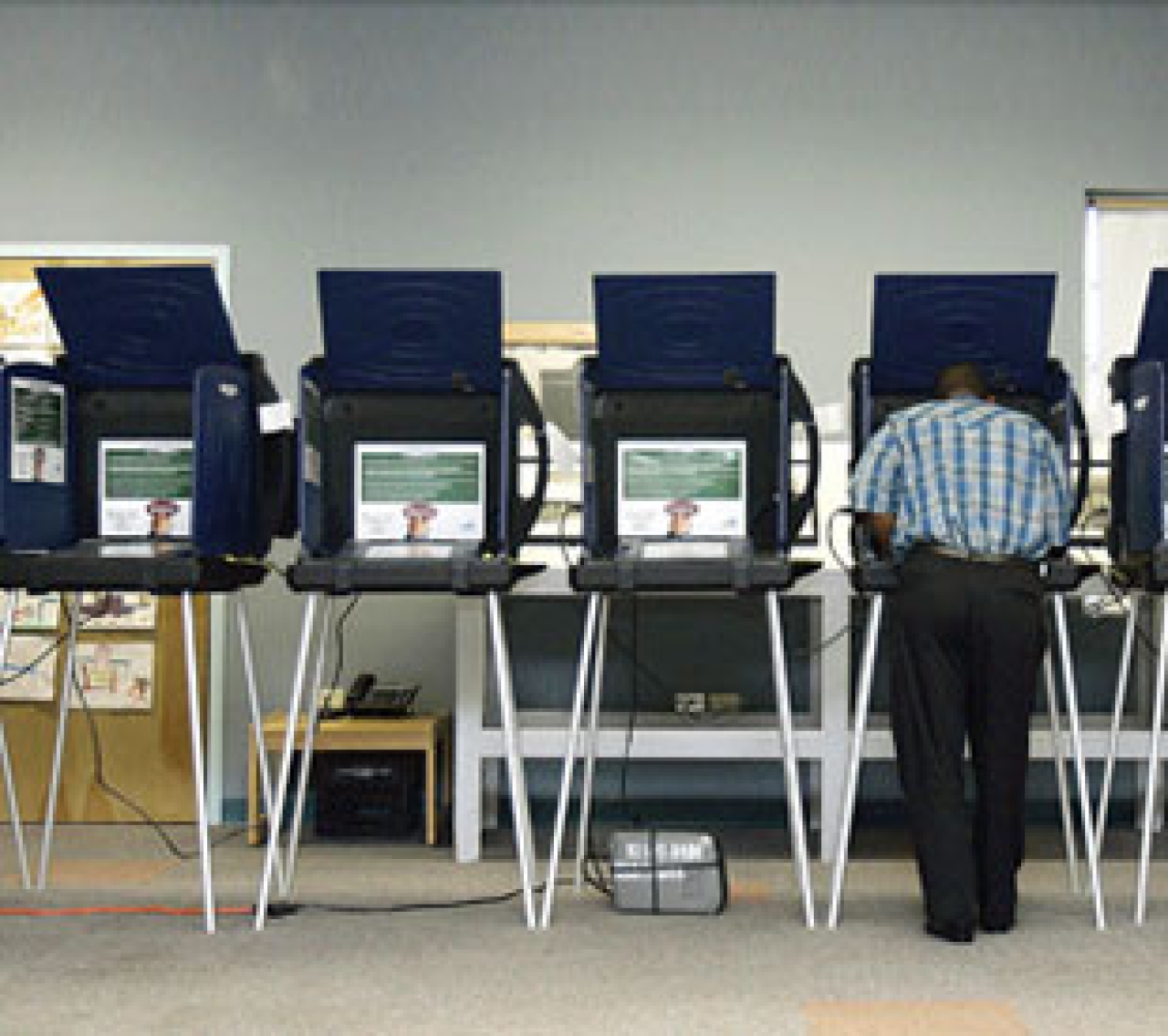Ohio House Passes Legislation to Improve Election Laws

State Representatives Mike Dovilla (R-Berea) and Matt Huffman (R-Lima) today announced that the Ohio House of Representatives passed legislation to enact various elections administration reforms aimed at good governance and simplifying the voting process.
Senate Bill 109 would put in place changes to the administration of elections, including certain certifications, the use of ballots, and the testing of electronic poll books. The bill was crafted with the input of elections officials, including the Ohio Association of Elections Officials, and other interested parties. If signed into law, the legislation would provide greater flexibility and cost savings to local elections boards.
“Voting is one of our most basic American rights. It’s important that we have a system in place that makes good sense and provides a positive experience to those who are casting their ballots,” said Rep. Dovilla, chairman of the House Policy and Legislative Oversight Committee. “This legislation makes smart changes to update our election laws and save money locally.”
Senate Bill 109 requires the Ohio secretary of state to adopt procedures and standards relating to local boards being under official oversight, allows local boards to have two precinct officials of opposing parties for special elections, and changes the process of appointing members to each board of election—making the appointments take place in odd years in order to allow for more time and experience before a presidential or gubernatorial election. The bill also makes various updates to law, such as eliminating references to punch cards, which are no longer used in Ohio.
In order to enhance the voter experience and reduce the need for provisional ballots, Senate Bill 109 allows for the testing and certification of electronic poll books to be used in Ohio in the same manner as other voting equipment. If certified and adopted, the secretary of state must provide rules, directives and other instructions on their use to the local boards of elections.
“With this new voting technology, we can reduce errors by voters and poll workers while making the voting process run in a smooth and timelier manner,” Rep. Huffman said. “It eliminates problems such as ‘right church, wrong pew’ and voters being concerned that their provisional ballots might not be counted.”
Senate Bill 109 will now return to the Ohio Senate for a vote of concurrence.




